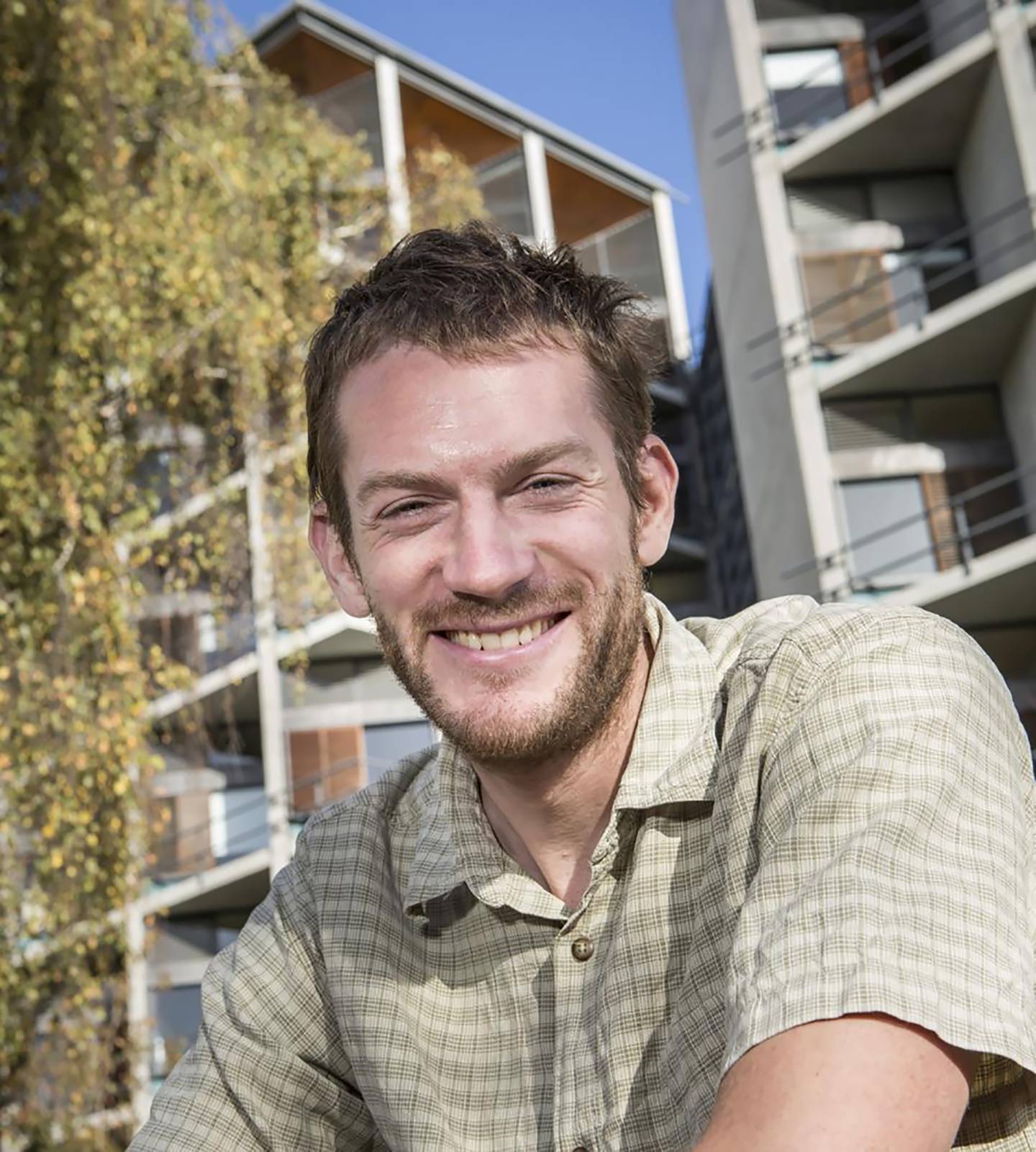
New Zealand's hospital capacity will come under "significant strain" even with high booster dose coverage, according to new Omicron modelling.
The report suggested peak daily hospital admissions range from 200 to 800, and peak daily hospital bed demand range from 800 to 3300 for a modelled outbreak starting February 1 where there is high booster uptake.
The findings, released today by Te Pūnaha Matatini modellers under the new title of Covid-19 Modelling Aotearoa, were limited by the absence of local data, as the models were formed prior to Omicron being detected in the community on January 23.
Work would be done over the coming weeks to create models from more localised information.
Nevertheless, modellers believed the report reinforced the threat Omicron posed to the health system and the importance of public health measures like mask-wearing.
"Even in scenarios with high booster uptake and moderate public health measures, such as those required at the red setting of the Covid Protection Framework, demand on hospitals and intensive care units remains high and would put significant strain on our hospital capacity," report co-author Dr Audrey Lustig said.
"The modelling also shows that efforts to slow the spread will be important – mask-wearing and minimising face-to-face contact, especially in crowded indoor locations," lead author Dr Giorgia Vattiato said.
"This will flatten the curve – meaning that demand on the healthcare system is spread over a longer period rather than coming all at the same time."
Modellers examined scenarios with low, baseline and high levels of transmission, consistent with outcomes from Omicron waves in South Australia, London, and New York respectively.

A patient is moved from the Covid-19 Red Zone to the Green Zone at St Vincent's Hospital Emergency Department in Sydney, Australia. Photo / Getty Images
Using February 1 as the inception of a three to four-month outbreak and assuming low transmission, a total of 1.5 million infections were predicted, including 386,400 cases, 11,500 hospitalisations and 460 deaths - if 90 per cent of eligible Kiwis were boosted.
Infections referred to the total number of people with Covid-19 – different from cases which referred to Covid-positive people picked up through testing.
If 70 per cent were boosted in a low transmission scenario, those figures rose to 1.7m infections, 447,000 cases, 13,800 hospitalisations and 560 deaths.
Assuming baseline/medium transmission and 90 per cent eligible booster coverage, 2.4m infections were expected, including 626,000 cases, 19,300 hospitalisations and 840 deaths.
Should transmission be high with 90 per cent eligible booster coverage, 3.3m infections were predicted, 857,900 cases, 28,400 hospitalisations and 1330 deaths.
To date, 57 per cent of eligible Kiwis had received a booster dose, up from 51 per cent yesterday.
Co-author Michael Plank was optimistic New Zealand could replicate the low transmission model.

Covid-19 modeller Michael Plank says the report reinforces the need for people to get their booster. Photo / Supplied
He said the Government's move to reduce the gap between the second and booster doses to three months would allow more people to get boosted earlier, which could have a favourable impact on hospitalisation numbers in particular.
"The key messages from this are boosting is critical to avoiding overwhelming healthcare systems and the sooner [people] get boosted, the fewer covid patients will end up in hospital."
Similar to previous models, Plank encouraged people to use the findings as a tool rather than rely on them as exact predictions, likening it to a torch in a dark corridor.
"It might be a dim torch but ... it gives a way of trying to see what's coming."
The report noted communities with low vaccination rates, high comorbidity rates, poorly served by healthcare systems, or other risk factors were likely to be disproportionately affected.
It highlighted Māori and Pasifika, who had a higher risk of severe illness if infected and bore a disproportionate health burden in the recent Delta outbreak.
The report also acknowledged a possible increase in Delta cases could exacerbate the strain on the health system, given the variant's ability to hospitalise people.
Co-author Shaun Hendy acknowledged the expected strain on the health system and the need for further resourcing, but he was confident the outbreak could be managed.
"This is going to be comparable to a very bad flu season and it's going to happen over a short period of time, but it does look like something which will be manageable.
"I think the [heath] sector's been preparing for a while but let's be clear, by following public health advice, we can all do things to help ease the strain on the healthcare system."

Covid-19 modeller Shaun Hendy. Photo / Supplied
In late January, global health research centre – The Institute for Health Metrics and Evaluation - predicted New Zealanders could witness 50,000 infections by Waitangi weekend.
Projections included 400 deaths by May 1 with daily fatalities predicted to spike at about 10 through mid-March across an outbreak expected to last three months.
On Waitangi Day, 188 new community cases were announced with a rolling seven-day average of 170.
Today, 202 cases were revealed with a rolling seven-day average of 183.
Questioned last week about the overseas modelling, Covid-19 response minister Chris Hipkins told Newstalk ZB's Mike Hosking he'd always been "pretty sceptical".
"[The models] are useful. It's better to have some modelling than no modelling. It's a little bit like the weather forecast. Some nights they say it's going to rain tomorrow and it turns out being a nice sunny day."
- by Adam Pearse, NZ Herald
Take your Radio, Podcasts and Music with you









